The Green Watchdog (Part II)- The Noel D'Cunha Sunday Column
Print industry tackles negative eco-assumptions through halving carbon footprint or launching green initiatives or energy efficient lighting. Some firms are controlling waste or recycling material or commissioning solar panels or wind energy projects.
This Sunday Column (Part II) is a compilation of how firms are reducing their environmental impact.
07 Jul 2019 | By Noel D'Cunha
| Rupesh Sawant, Superlekha, Mumbai |
|---|
|
We plant trees. We have planted 8,000 so far. We plant one tree every time we complete an order of Rs 5,000 at Superlekha. That way, we hope to take care of our carbon footprint from a product sale. What matters most is that we take care of these trees and make sure they will outlive all of us. We have allocated 100 acres of land for this initiative. The idea was born four years ago and, now, to take this as an individual project, we have stitched this idea with our top line revenue. Translating the idea into reality was a 10-year exercise. We started developing 25 acres of land in 2008 and completed the fencing and water pipeline facility in 2010. We built a tree farm and sourced water from the nearby river. The plants include silver oaks, Indian shishum and red sander — approximately 2,500 each. We have also appointed a consultant to plant trees, records of which are maintained by the local gram panchayat. We now have a perfect model for people to follow. For the local farmers, we have started black pepper plantation on trial, which will be an ideal replacement for cash crops like sugarcane. We have set up a local teaching model where the farmers get trained for the same. It's very rewarding for the print business, and we have made it a rule for all our clients to come to our land and plant trees. For society, the benefits are enormous. We have made available a model to follow along with a training facility. We also provide saplings to the farmers if needed. If we can change the crop planting model from sugarcane to black pepper and agro-forestry, we will be able to see a significant change in the income patterns of the locals. The best thing we see is a sense of fulfilment. We earned respect from our clients and local farmers. We are also witnessing a reverse migration pattern among the youth; a lot of youngsters are returning to their roots and starting small farms and planting trees. We have helped a lot of young people to start goat farming, where there is a good demand for good meat in the market. We first started with the 'integrated goat farm' project in our district, and now there are more than 200 applications every year for such projects. So I believe we have initiated a social movement of creating farm-based entrepreneurs and it is working well. |
| Iqbal Kherodawala, Printline Reproductions, Mumbai |
|---|
|
Secondly, we have decided to reuse rainwater. Although we do not have a large terrace, we have channelled the water to six large tanks, which then fuel our underground water storage. We do not draw municipal water during monsoon. We are very strict on water wastage and ensure that drip irrigation is used to water plants. We also provide clean drinking water in every department. Lastly, we have convinced our customers to reduce film lamination on their products and convert to either water-based varnishes or UV instead. The ideas had to be commercially viable and profitable, as well as environment-friendly. Any small step, which helps us draw less from the environment, will ultimately pay us in the long run. We also looked at the profitability part of investing in these initiatives, and we see the returns. We feel that society benefits when our employees understand how small initiatives implemented in their own homes and their surrounding help in protecting Mother Nature. I think the best thing that came out of these initiatives is that we created awareness in our entire plant about what each one of us can do to protect the environment. We have focused on reducing wasteful expenditure. And lastly, by being firm on water wastage, we believe that each bucket saved is a bucket added to the groundwater. |
| Milind Padhye, Flexi Templates, Mumbai |
|---|
|
We have started a small green initiative where we offer a range of eco-friendly products on our website with the aim – reduce, reuse and recycle. The products include paper pens, recycled pen stands, and tea coasters. We aimed to reduce the carbon footprint of our office after looking at the facts and statistics about plastic and paper waste that people are generating every year. So we worked on simple recyclable office stationeries, which are usually thrown away after use. We’ve also put up a range of such products on our website. After we finalised the range of products, we started working on how to produce them cost-effectively, keeping the objectives of our initiative. We started collecting used newspapers, rolled them into straws and used them to make coasters and pen stands. We used water-based coating so that these products can last up to three to five years. The paper pens are hand-rolled craft papers with a refill inside, which encompasses plant seeds on the rear tip of the pen. Remove the used refill, plant the pen (which has seeds) into the earth. Water regularly. As the paper decomposes, a plant will emerge. So, in other terms, you are planting a tree with each pen. The adhesive used in these pens is water-based and natural.
By introducing these products, we are trying to reduce our carbon footprint and inculcate a habit of reducing plastic or paper wastage from simple desk items used in our day to day life. With these initiatives, plastic footprint gets reduced, newspapers are reused, and trees are being planted. Also, after using these products, people are encouraging their families and social circles to adopt the same, which multiplies the small impact that we are trying to bring here. |
| Meeta Shah, A&M Enterprise, Ahmedabad |
|---|
|
We have developed ready-to-be-planted mango saplings at our residence. My husband, Dr Ashish Kayastha (in pic), can provide around 50-70 one-feet tall mango saplings along with consultancy, free-of-cost. These are simple steps that anybody can follow. Just a few minutes from your daily schedule, and some awareness can help us make our society green and environmental-friendly. Our next generations will benefit from such activities. We also try to motivate people in and around the area where we reside to plant trees. After we finish our daily work, we start working in our residential garden. For my husband, gardening is an activity which keeps him fit and healthy; and serves his motive for green environment. We believe that not only humans but also birds and animals can benefit from such activities. Due to such plantations at our residence, several peacocks, monkeys and other birds enjoy the shades and fruits every season. |
| Animesh Kejriwal, Parksons Graphics, Mumbai |
|---|
|
We continuously research and implement new technology to reduce our resource consumption. Variable Frequency Drive compressor system has been installed to match the supply of air with our variable demand in production. Using a more expensive aluminium piping loop for the compressed air has reduced leakages in the system, thereby further reducing the compressed air generation requirement. We use a sewage treatment plant to treat wastewater, and the output is used for gardening purposes, thereby reducing our water requirement. We have also installed an insulation layer in our printing room to reduce our air-conditioning load, thereby reducing our power consumption. We are an FSC Chain of Custody company. It gives us the capability of utilising FSC certified paper for the books we manufacture, knowing that they come from sustainable and well-managed forests. |
| Peter Anil Rego, Brilliant Printers, Bengaluru |
|---|
|
Over a period of few years, we have undertaken many green initiatives such as rainwater harvesting, groundwater recharging, recycling of domestic and industrial wastewater, hazardous waste management and disposal, migration from fluorescent and metal halide lamps to energy efficient LED lamps, filter press for ETP sludge, and dry filtration system for colouring booth. All the ideas implemented were the result of our sustained focus and commitment towards the environment and society. Rainwater harvesting and groundwater recharging are complex projects. We hired an expert and conducted a detailed site survey to execute these projects. For recycling wastewater, we have set up effluent treatment plants and sewage treatment plants by closely working with industry experts. We have ensured that these plants cater to the required demands in terms of capacity and process quality.
We also decided to migrate from fluorescent and metal halide lamps to LED lamps considering energy efficiency and positive impact on the environment. We installed filter press for effluent treatment plants and dry filtration system for colouring booths after consulting with environmental consultants and filtration system experts respectively. With 3.3-lakh litre storage tank, harvested water is used for gardening and landscaping. We have designed a system where not a single drop of water flows out of the facility. We also ensure that water flowing in from the adjacent national highway into our plant is recharged to the ground. This initiative also renews the groundwater table in the five-kilometre radius around our plant, thereby ensuring good water availability in the surrounding areas. Recycling of wastewater also ensures lesser demand for freshwater drawn from the ground and secures long term sustainability of plant operations. Such an initiative ensures compliance with the statutory requirements, too.
Sludge from the effluent treatment plant was in semi-solid wet form during the initial process. By implementing a filter press, we ensured a more comfortable operation, no manual intervention, thus reducing the impact on human health. The sludge is compacted and dried, ensuring lesser amount of waste by weight and volume for landfill and thereby reducing the demand of creating more landfills. Meanwhile, dry filters ensure that the air coming out of the process will have particulate matter size of less than 50 microns, thereby ensuring an ambient atmosphere not being polluted. For business, it is a step closer towards statutory compliance. The best things that came out of these initiatives are fully compliant, safe and sustainable operations. It also reflects our concern for environment preservation for future generations. |
| Milap Shah, Printstop, Mumbai |
|---|
|
At Printstop we have installed water aerators across all taps. These water aerators reduce the speed of water flow from 15 lpm to 3 lpm (litres per minute). We offer recycled paper options to customers, and internal communication plastic envelops are replaced with paper envelopes. We try and persuade our customers against the use of lamination unless it is absolutely necessary. At a personal level, I have made it a practice to carry my own water bottle so that I minimise plastic bottle use. It’s been seven years now. As in the office, water aerators are installed on all taps at home. Besides, I push all my friends to install them. And yes, moved from a shower to a bucket bath. |


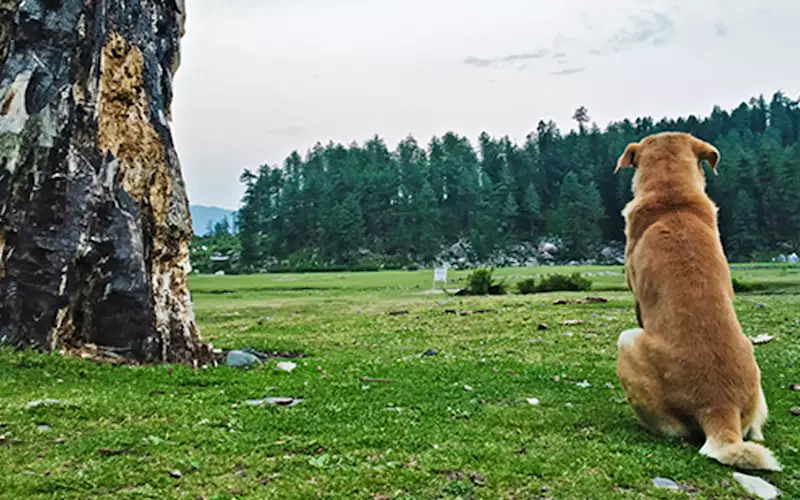

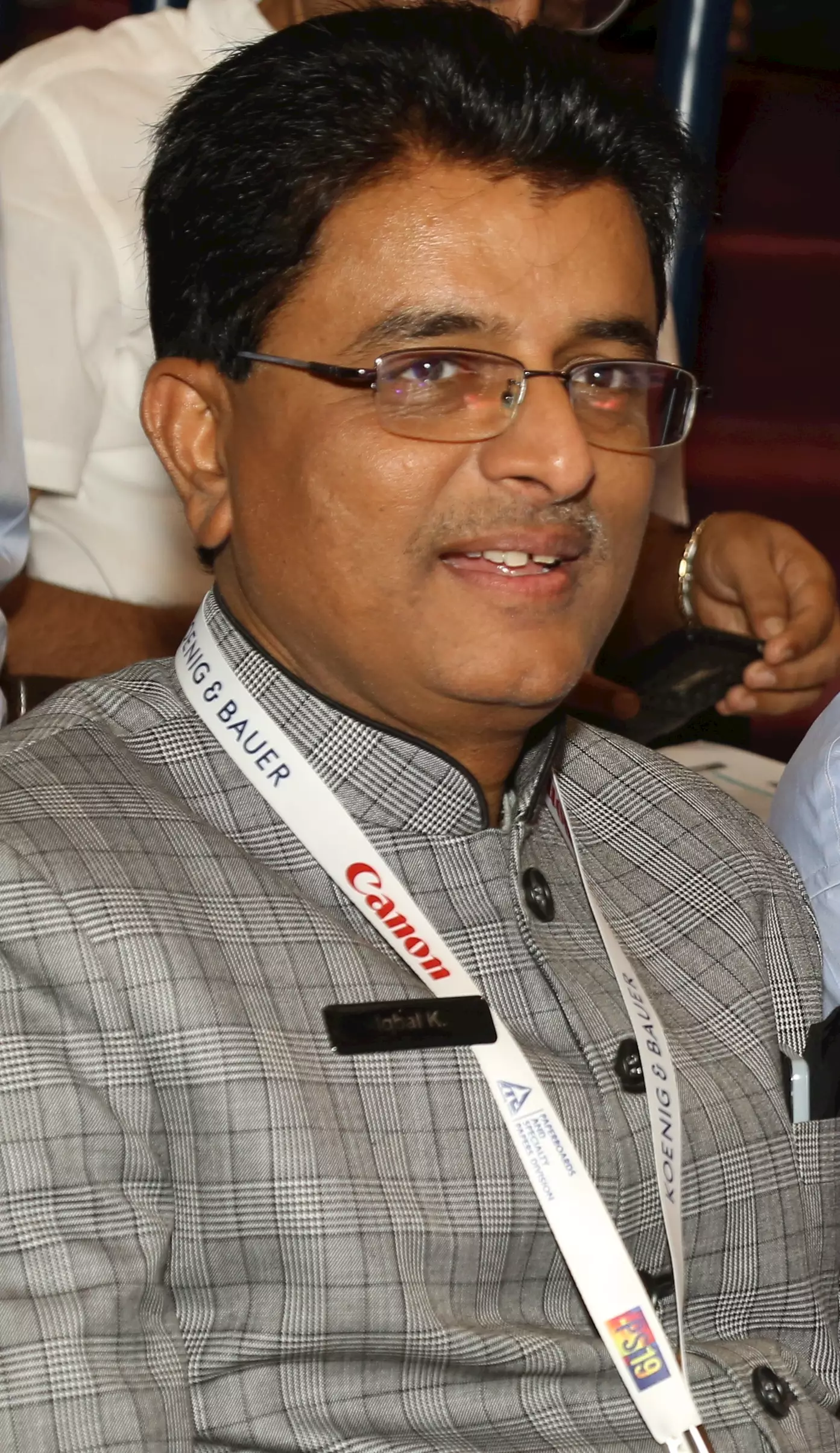 We have taken three initiatives with regards to the green movement. Firstly, we have changed all our lamps to LED in our factory, which has resulted in lesser consumption of power. This has benefited us both economically and environmentally.
We have taken three initiatives with regards to the green movement. Firstly, we have changed all our lamps to LED in our factory, which has resulted in lesser consumption of power. This has benefited us both economically and environmentally.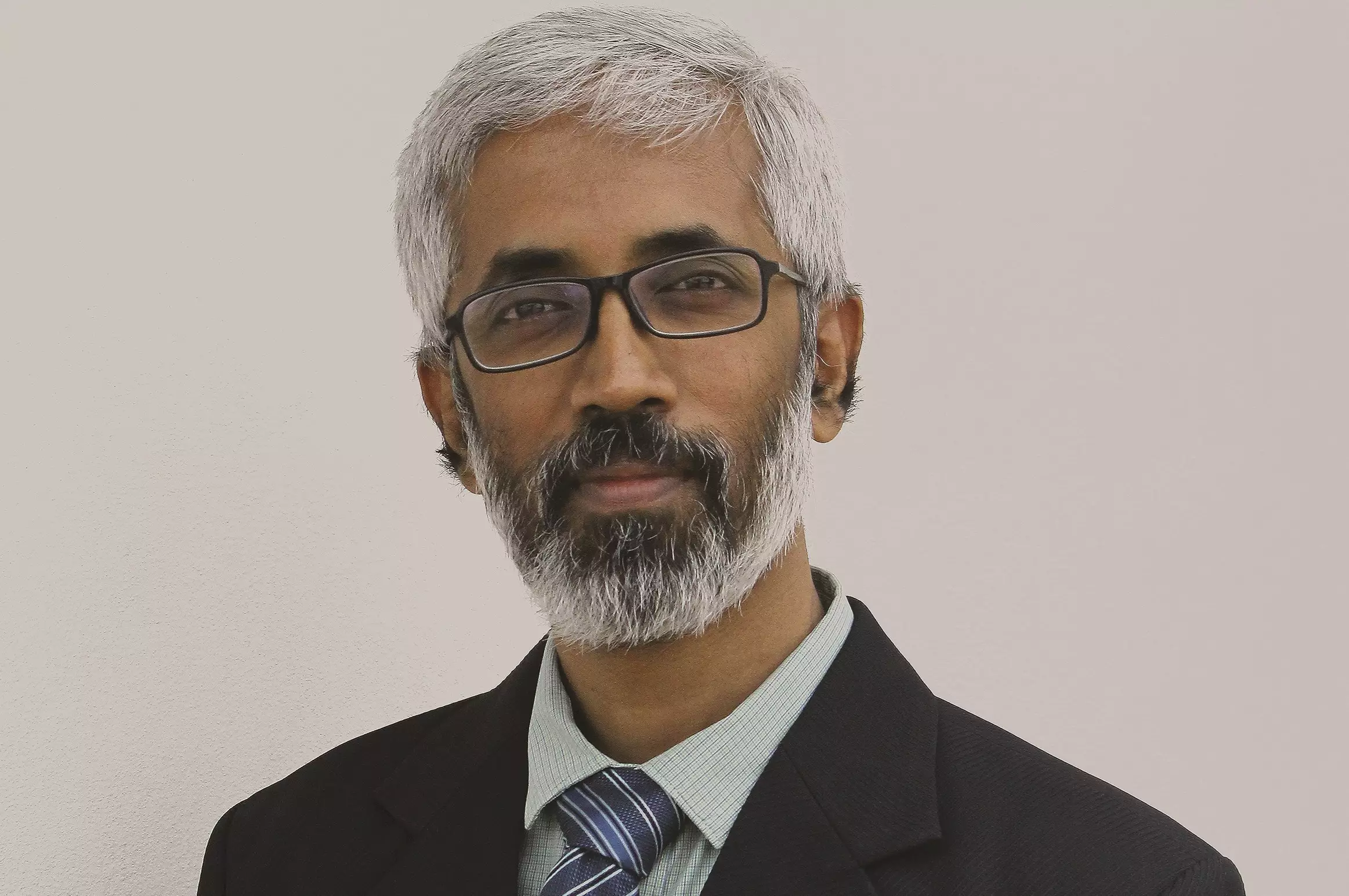
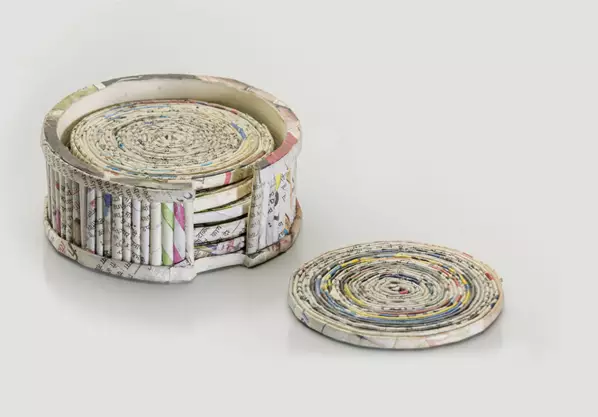
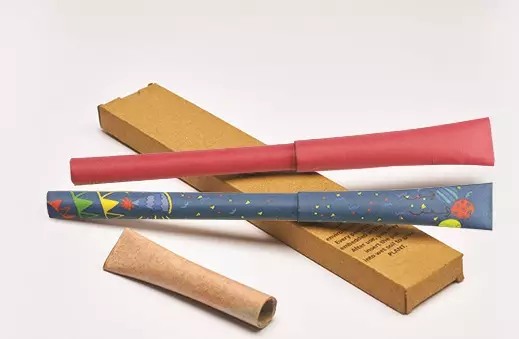
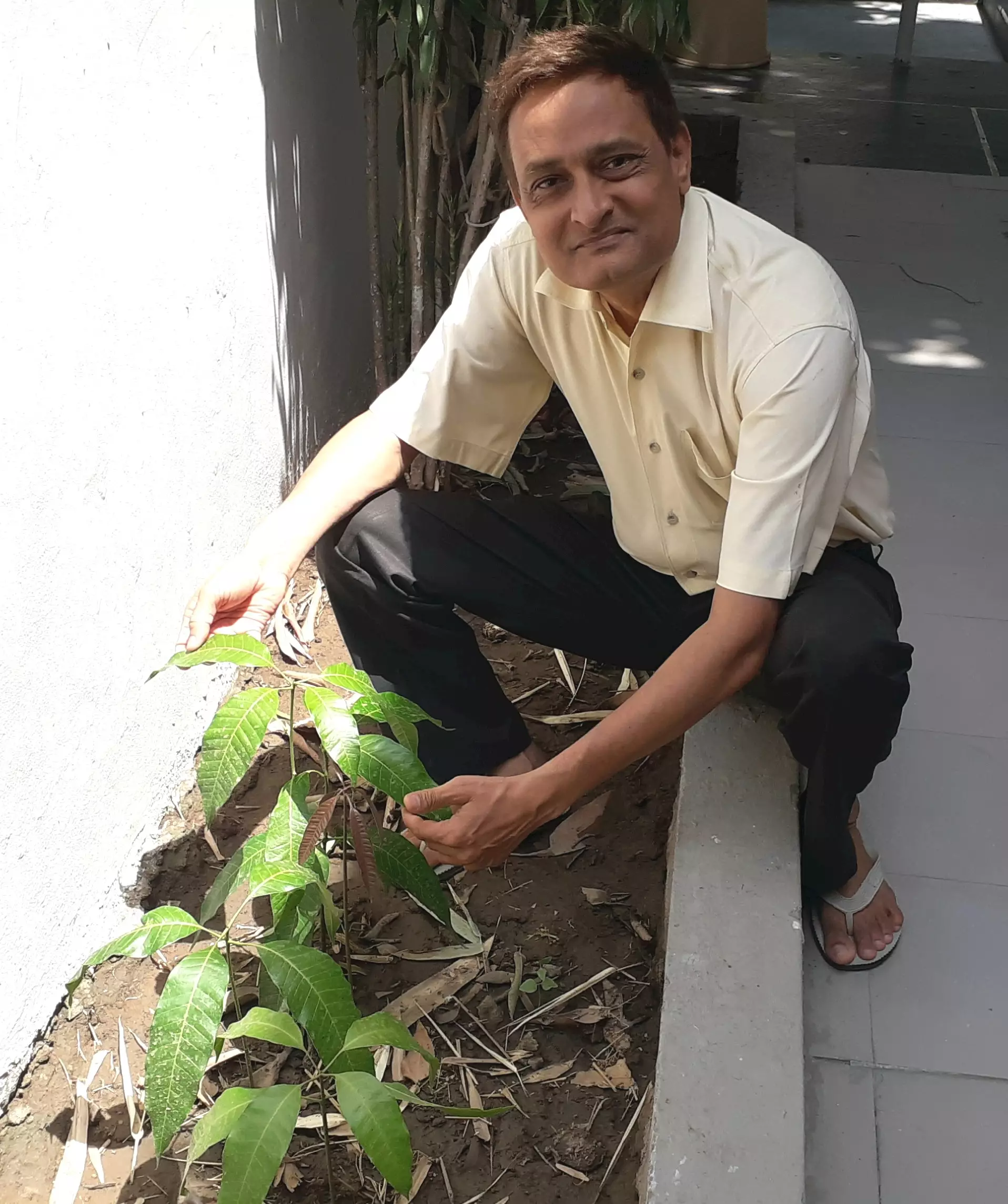 You don't necessarily need extra time or money or the powers of a superhero to do your part to look after the planet. Simple changes in your everyday life are all it takes to make your home a healthier, safer, greener place. But, human beings are creatures of habit, and change takes time. Begin with small steps.
You don't necessarily need extra time or money or the powers of a superhero to do your part to look after the planet. Simple changes in your everyday life are all it takes to make your home a healthier, safer, greener place. But, human beings are creatures of habit, and change takes time. Begin with small steps.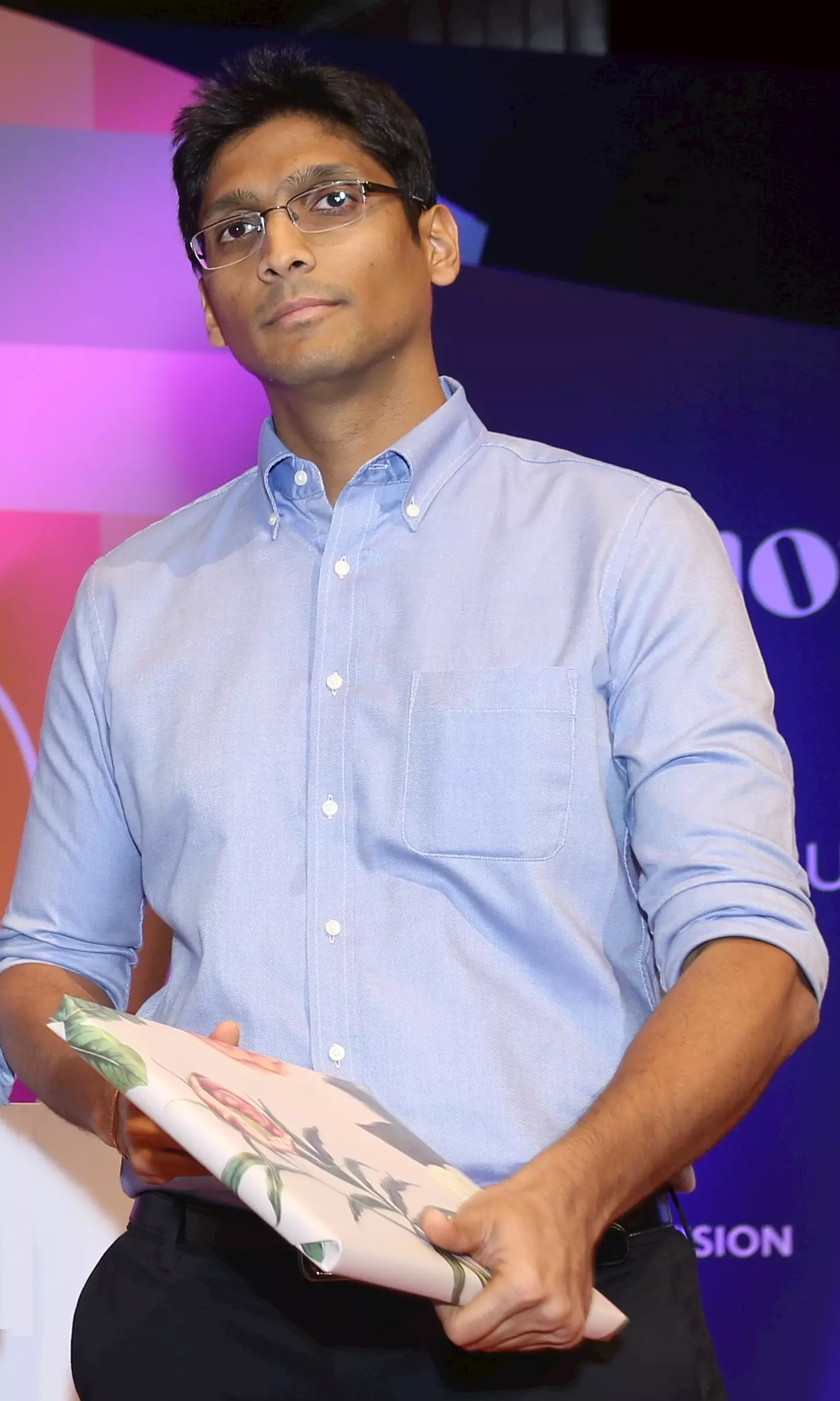 The most crucial aspect for any improvement is benchmarking. Using our power tracking systems, we can monitor exactly how much power each department is consuming daily. It enables us to invest in power-saving technologies and monitor improvement. As we understand the implications of our investments, we learn from our successes and failures and can continuously reduce our power consumption. Hence, this system forms a strong foundation for all our efforts.
The most crucial aspect for any improvement is benchmarking. Using our power tracking systems, we can monitor exactly how much power each department is consuming daily. It enables us to invest in power-saving technologies and monitor improvement. As we understand the implications of our investments, we learn from our successes and failures and can continuously reduce our power consumption. Hence, this system forms a strong foundation for all our efforts.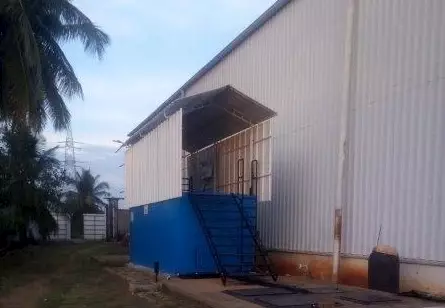
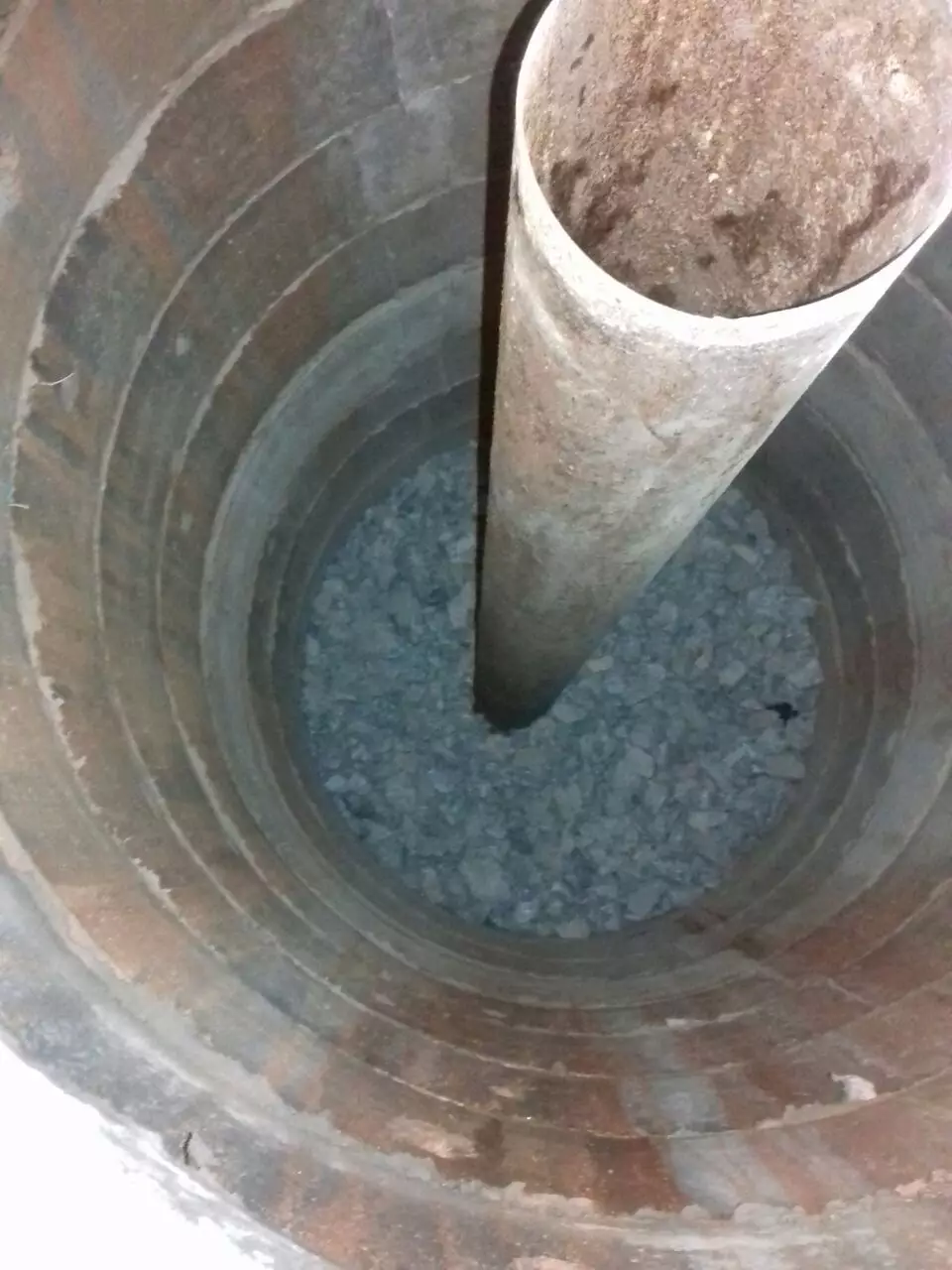 Hazardous waste management and disposal is a crucial initiative to ensure that hazardous waste is scientifically stored and disposed of with minimal impact on the environment. We have earmarked dedicated locations, devised compliant storage methodology to store different kinds of hazardous wastes. The waste is regularly disposed of after following the prescribed procedure laid down by the government authorised agencies and with all necessary documentation.
Hazardous waste management and disposal is a crucial initiative to ensure that hazardous waste is scientifically stored and disposed of with minimal impact on the environment. We have earmarked dedicated locations, devised compliant storage methodology to store different kinds of hazardous wastes. The waste is regularly disposed of after following the prescribed procedure laid down by the government authorised agencies and with all necessary documentation.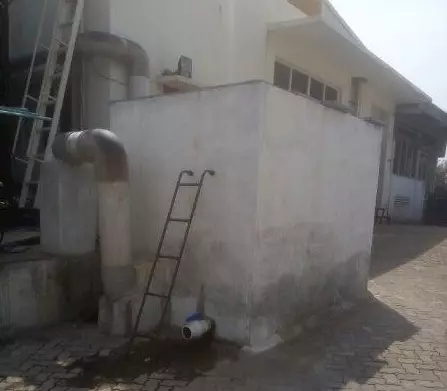 Scientific management and disposal of hazardous waste ensure non-pollution of land, water and air. Energy efficient LED lamps have a longer life compared to fluorescent and metal halide lamps. It ensures lesser e-waste generation, disposal, and reduced power consumption.
Scientific management and disposal of hazardous waste ensure non-pollution of land, water and air. Energy efficient LED lamps have a longer life compared to fluorescent and metal halide lamps. It ensures lesser e-waste generation, disposal, and reduced power consumption. Most of the initiatives are at a personal level, very few items at the company level.
Most of the initiatives are at a personal level, very few items at the company level.







 See All
See All